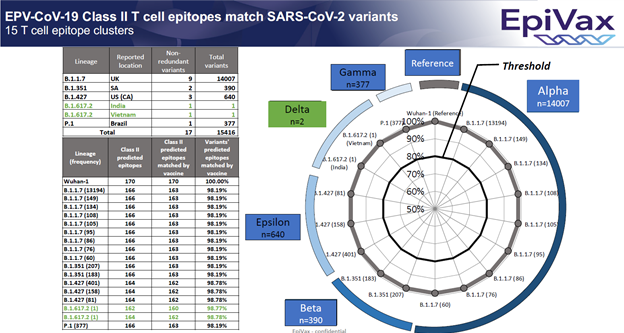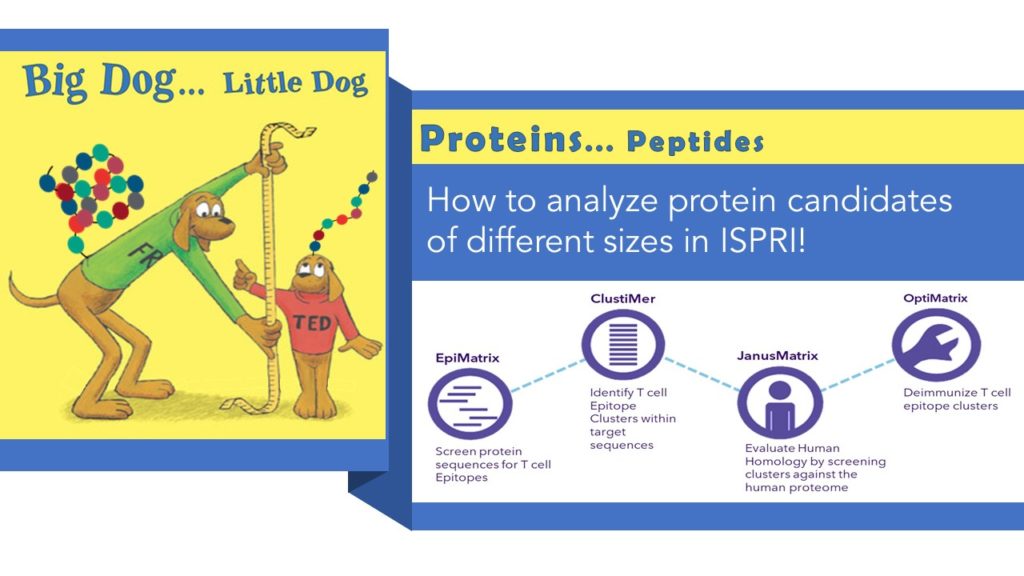From Disco to BTS
Time flies when you are having fun! I totally missed the 10th anniversary of “Thinking Out Loud” a.k.a TOL – this newsletter. Do you want to see the first post? I hope you like disco! Lucky for you, I’ve moved on from Disco to Prince (R.I.P.) and now to BTS (yes, Kpop and Jimin is my Bias!), but I will spare you the details (Riley says, “Phew!”). However, in honor of TOL’S anniversary, I would love to get your feedback about this ‘blog“ and on the new ideas that we’ve been considering, like a cooking podcast! Follow this link to the survey, and we’ll reward you with some pictures of great food that we’ve eaten during pre-COVID travels.
Thank you for reading TOL, and please know I appreciate you too! I always look forward to reading the replies each month, so please keep the dialogue going😊
New Cool Tools from EpiVax!

And now a little something for the peptides crowd! The What If Machine (WhIM) is the product of our contract with the FDA and CUBRC to develop computational tools for in silico modelling of synthetic generic peptide impurities.
So what is WhIM? It is an advanced computational algorithm that performs iterative modifications to each and every amino acid in the sequence of a synthetic peptide drug, entirely in silico, generating a comprehensive list of all potential impurities that might occur at any residue of any given active pharmaceutical ingredient (API), ranking them from Highest Risk to Low Risk. We anticipate that this tool will support regulators at the FDA who may wish to ask for additional information about a specific impurity.
Big Dog…Little Dog: Analyzing Peptides in ISPRI
Did you miss our last ISPRI user training on Peptide Analysis? You can still
watch the video here.

Peptides have become a hot new topic for protein engineers over the past several years, and for good reason! They are fully synthetic, giving them a big advantage over their larger cell culture-produced cousins. We have been super busy with peptide immunogenicity requests, from generic synthetic peptide developers seeking an ANDA filing with the FDA (PANDA screening was built for this!). This means we’ve racked up a lot of knowledge about how to characterize the immunogenic risk of these short segments.
Even if you are not using ISPRI or PANDA right now, we’d be happy to discuss peptide immunogenicity analysis with you. Get in touch!
Did you miss this month’s newsletter? Sign-up here

